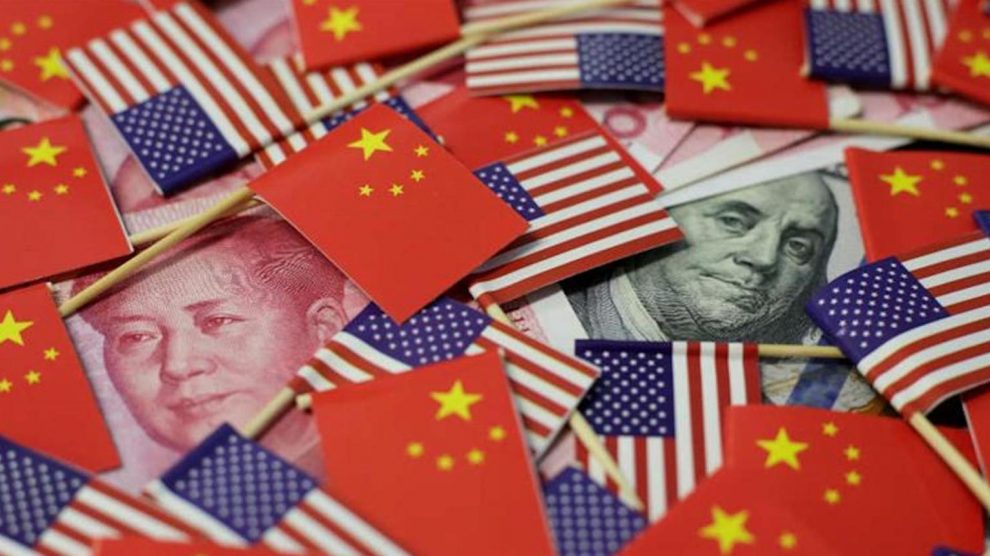Chinese companies are now among the most litigious over tax disputes, a survey has found, with 80% saying they are more likely to go to court over disputes to counterbalance aggressive enforcement.
Chinese tax experts cite digitalisation, mergers and acquisitions and divestures and a lack of guidance from tax authorities as the three primary drivers of future tax disputes in the next 12 months.
International law firm Baker McKenzie said China-based respondents handled an average of seven live tax disputes annually for a total average value of $270 million per company.
The survey found 72% of Chinese respondents said that tax audits and disputes are increasingly international in scope, with 79% predicting cross-border tax disputes will rise in the next 12 months.
Baker McKenzie’s latest report, “Risk Reshaped: Tax Disputes Outlook 2022-2025”, concluded that in a changing environment deeply affected by business and policy transformation, global organisations are challenged by a rise in tax disputes.
They will continue to increase in 2022 and possibly beyond, adding further stress to companies’ already-strained financials as a result of Covid-19.
The report surveyed 1,200 tax experts in Australia, China and Japan, as well as in France, Germany, Italy, Mexico, Netherlands, UK and US.
Global companies and organisations faced $269 billion in tax disputes in 2021, up from about $75 billion in 2018, and three-quarters of respondents forecast the value of tax disputes will rise even higher in 2022.
“Digitalisation and business transformation continue to be huge drivers of controversy worldwide,” Scott Frewing, a partner in Baker McKenzie’s Palo Alto office, said.
“There is no consensus on how to define value and value generation, so jurisdictions determine liability differently, and when there’s a big variation in the nominal tax rate, the imbalance is even more pronounced,” he added.
- George Russell
READ MORE:
Thailand Relaxes Crypto Assets Tax Rules – Bangkok Post
China Omits Property Tax From 2022 Legislative Agenda
India Probe Found Huawei Evaded Tax, Government Source Says
























